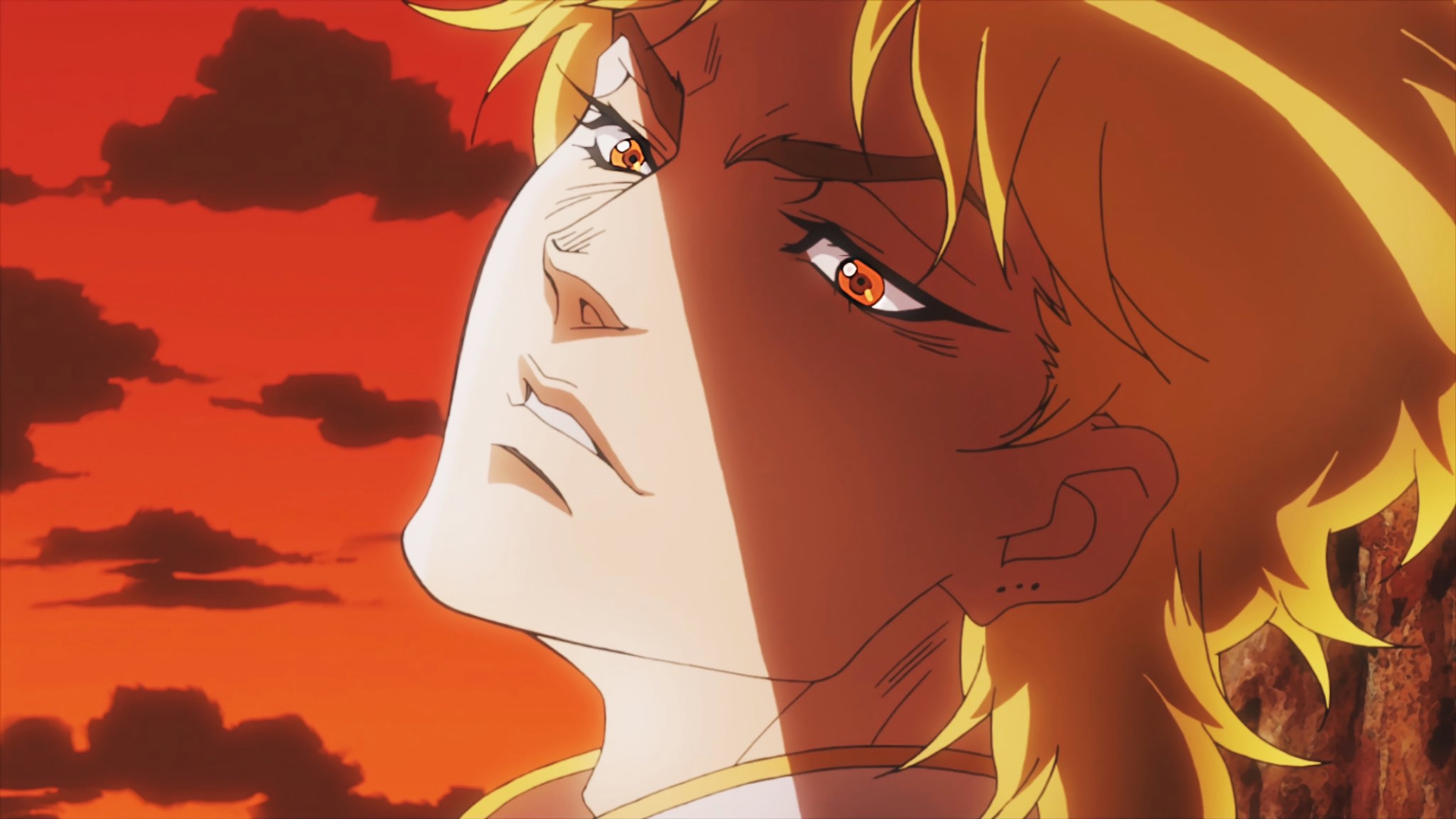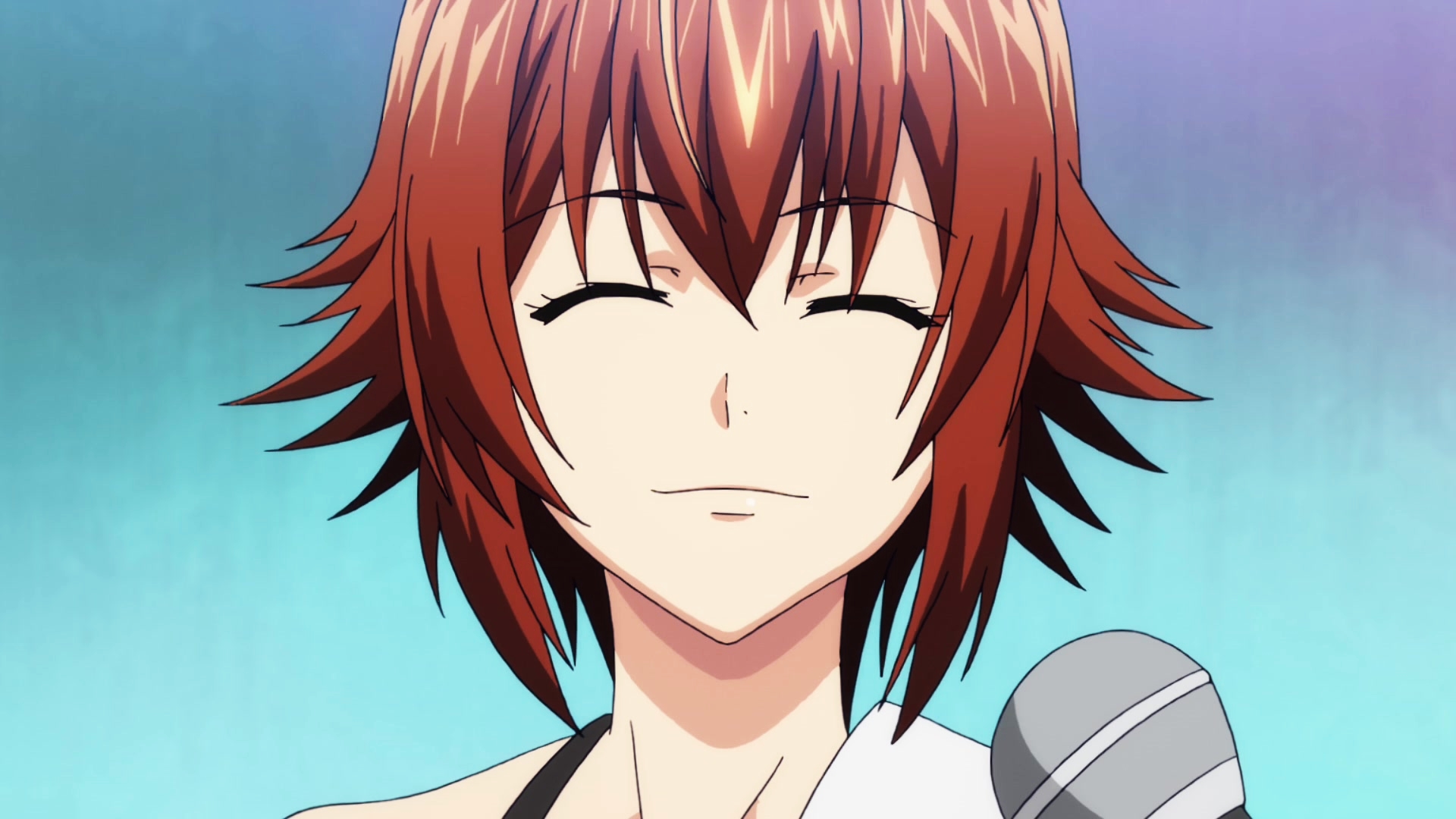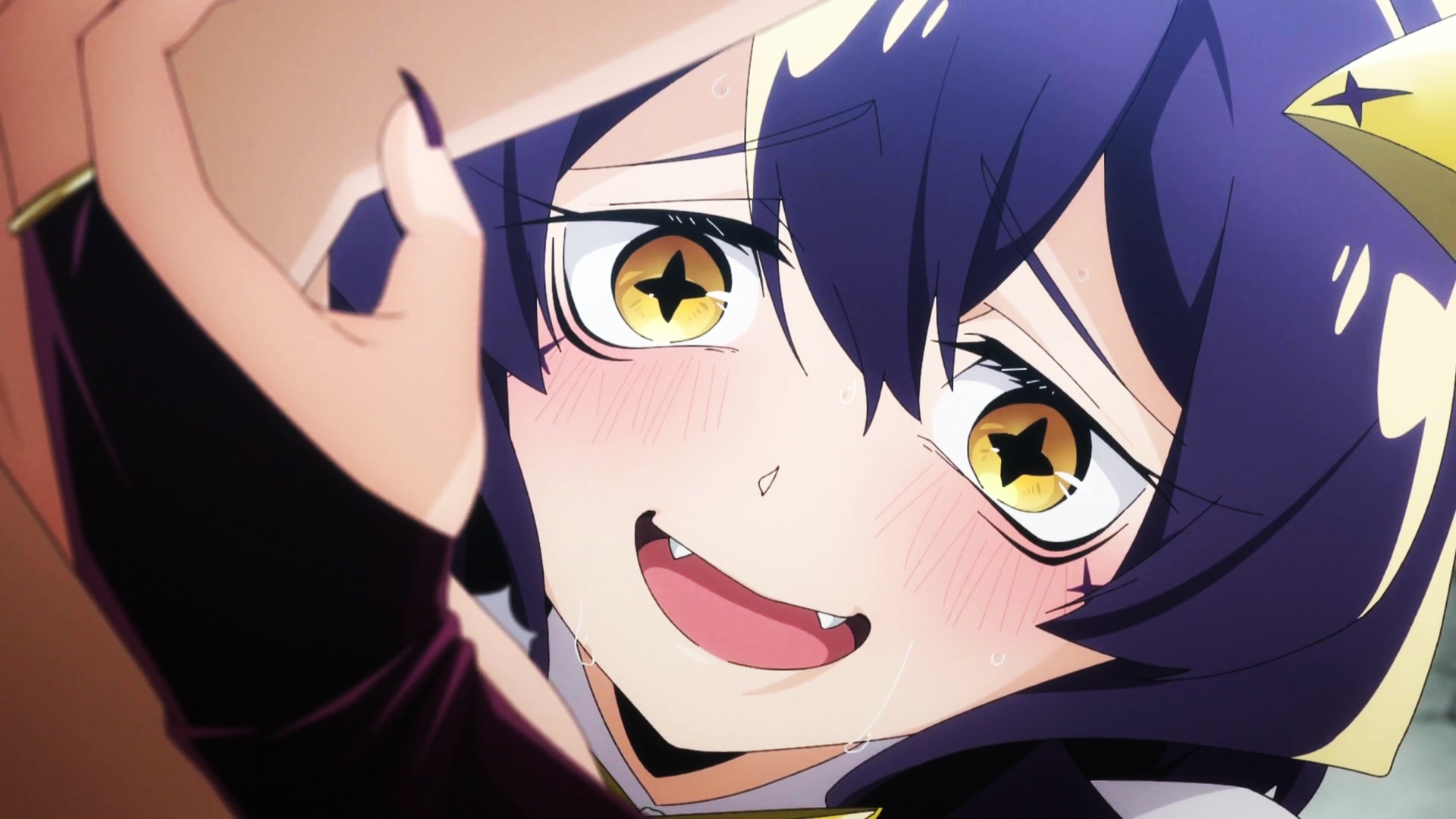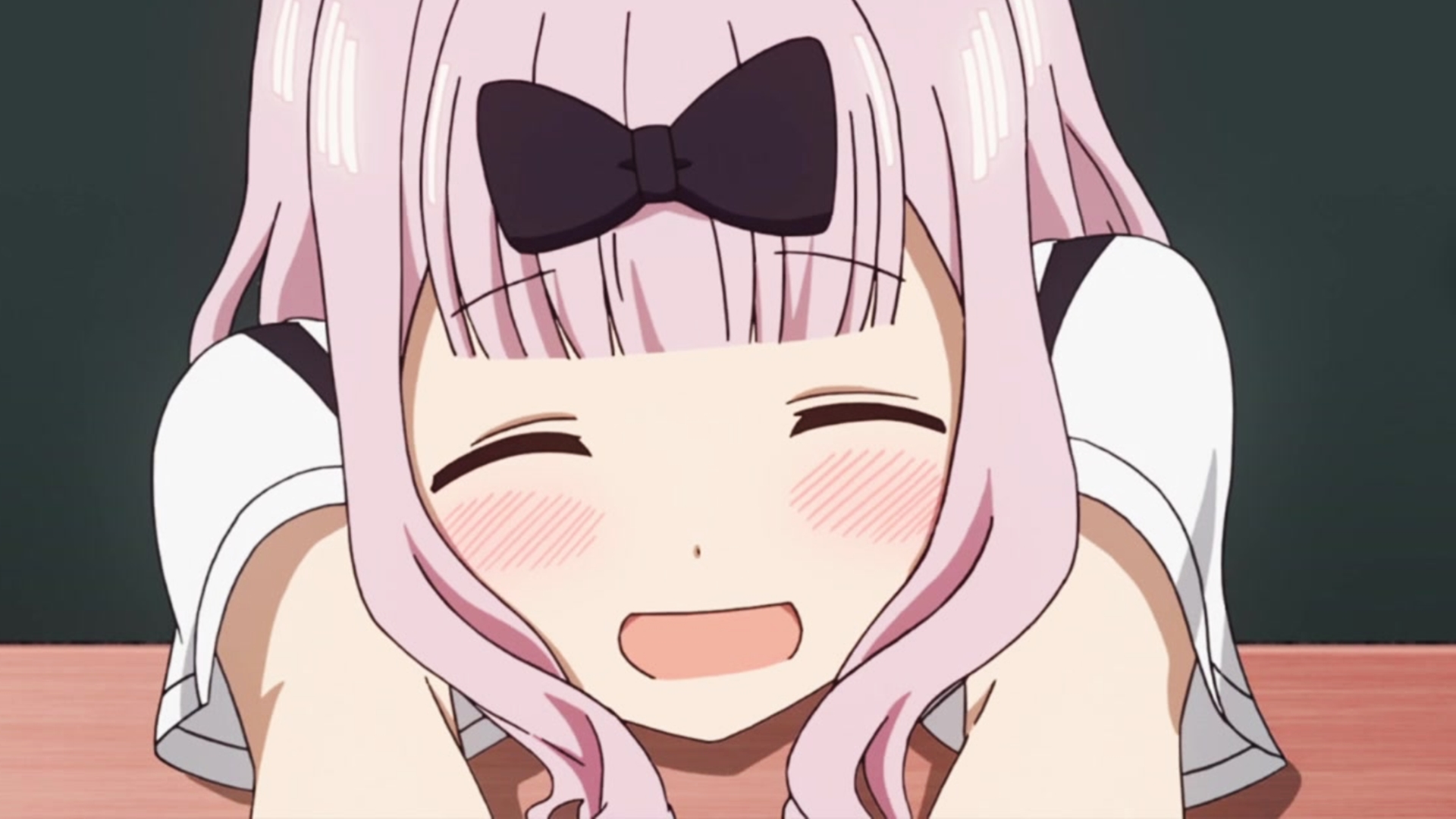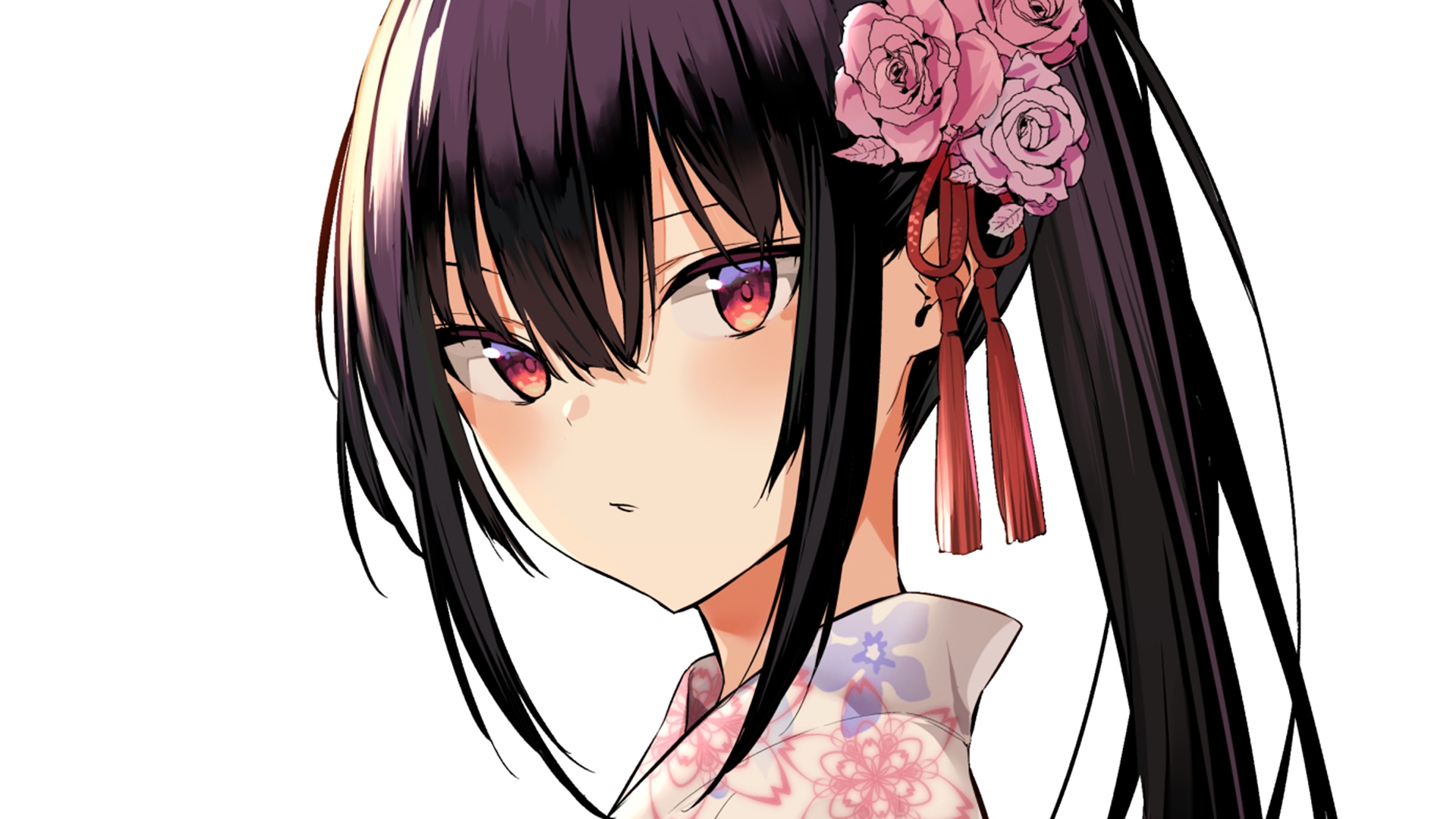Animes
Japan censors anime that portrays minors inappropriately
Advertisement
Japan has failed to regulate the production of anime with content that sexualizes and normalizes the condition of a particular child. The exploitation of minors is a serious problem, and now a lawmaker is back to demand a law that actually protects children.
Anime is a product recognized as one of the most important subcultures in Japan. -Therefore, its scope is enormous and its implications are far from naive. Of all the genres and character archetypes, there is one that provokes considerable criticism and concern, especially since the creators and producers of the work themselves are directly involved in serious crimes that are within their jurisdiction: the exploitation of minors.
Lately, we have seen very important cases, such as the producer of Your Name or the creator of Rurouni Kenshin, who accept the fact that they consume large amounts of illegal material, pay bail and go back to work – in the children's business! We know that the main audience for anime is children and teenagers.
It is with this in mind that Japanese authorities are keen to try to better manage their laws so that they actually protect their children. Congresswoman Masako Okawara has filed a petition at the 213th session to once again review child protection laws that do not seem to be sufficiently helpful.
Especially as the number of cases and victims has increased, it has not been regulated since the COVID 19 crisis.. The MP mentions the following:
“[…] The commodification of children through their images [in anime] perpetuates harmful values in society and seriously infringes on children’s rights to live and grow up in safety. “.
It is true that the number of images of girls and boys with suggestive appearances in anime is not low and that this contributes to normalizing the vision that can be had of children, as well as the limits to socialize them.. The MEP insists on the need for comprehensive measures to contain the spread of this.
” The rampant sexualization of children in the media perpetuates harmful social norms and poses a serious threat to children's safety and well-being. “.
And let us remember that anime is a cultural product, in other words, it has important implications for society. Just as shonen projected the insecurities of the Japanese people when the genre began to germinate and later held out the hope of a hero who could succeed despite being in a stage of immaturity, shonen also projected the insecurities of the Japanese people when the genre began to germinate and later held out the hope of a hero who could succeed despite being in a stage of immaturity. Referring to this, It can be considered that on a social level, these unfortunate and terrible incidents involving children are not naive and are important to be criticized.

However, some people argue that measuring these types of issues will begin to limit artistic expressionWhat do you think?
Anime: censorship, globalization and more
The issue of censorship in anime is not new. The problem is that when it comes to addressing a real issue like child exploitation, there are all kinds of advocates talking about free speech and also that they are not real characters.
In fact, as long as there is no parental supervision to care for children and educate when it comes to explaining what is real and what is not, in addition to creating a very clear line of what is right and wrong, the only one left to regulate everything is the government itself, and Congresswoman Masako Okawara needs to legislate in favor of children, even if creators and consumers are affected.
There will be no shortage of Westerners who feel that Asia is being invaded by the progressive culture of the United States, which is shattering a seemingly untouchable image. It remains to be seen how this controversial issue plays out, and it needs to be emphasized and a real effort made to keep the little ones safe, including by making laws stricter against those who break them.
